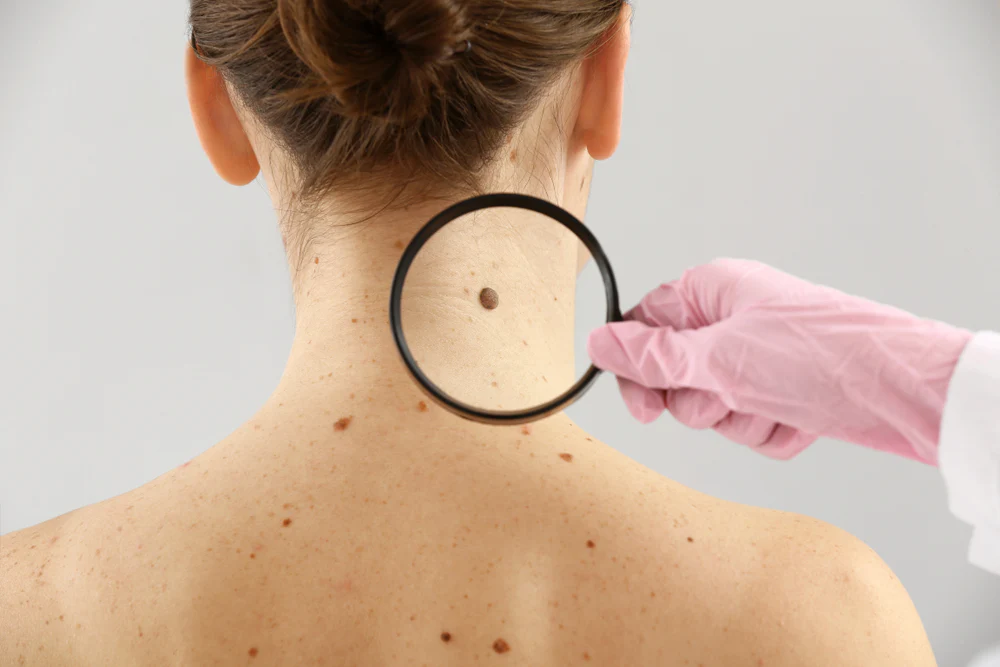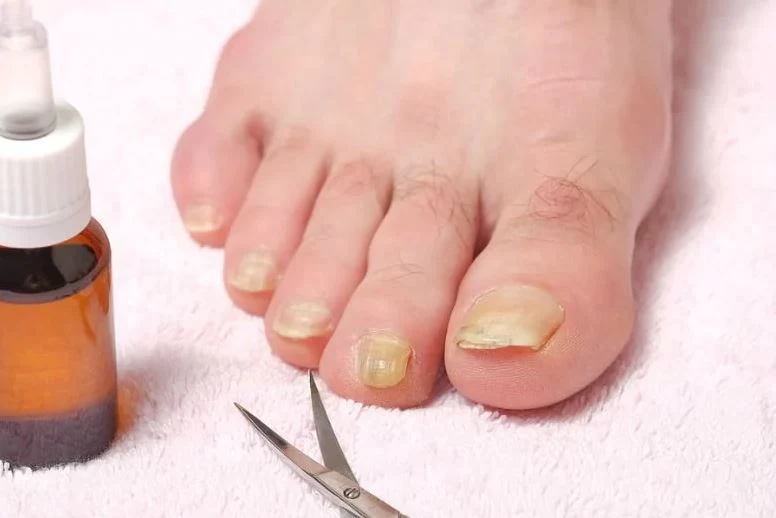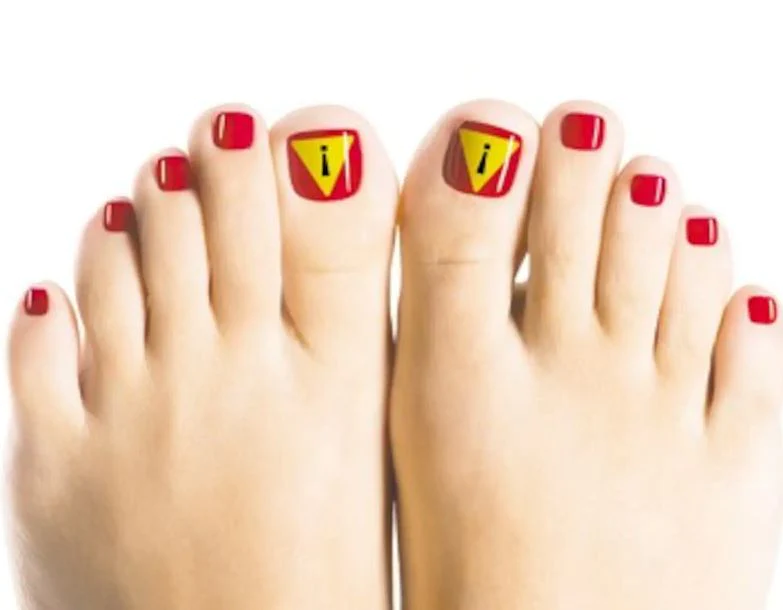Introduction
Nail fungus, medically known as onychomycosis, is an epidemic condition affecting millions of people around the world. At Revitalise London Dermatology Clinic - a premier London dermatology practice - we often get asked whether surgical or non-surgical removal of nail fungus is best. In this comprehensive guide we'll review all available treatment options and explain why our Harley Street clinic should be your go-to choice for all nail fungus needs.
What Causes Nail Fungus?
Understanding Nail Fungus
Nail fungus is an infection caused by various microorganisms such as dermatophytes, yeasts and non-dermatophyte molds that thrive in warm, moist climates. These organisms can easily invade the nail through microscopic injuries or separation between its base and nail bed.
Signs and Symptoms to Look Out For:
Early signs of nail fungus include white or yellow spots under the tip, discolouration of the nail, thickening and crumbling at its edges. Treating this condition quickly is key in order to avoid permanent nail damage as well as infection spreading elsewhere on your body.
What Increases Your Risk for Nail Fungus?
Factors That May Increase Your Risk
- Age: Older adults are especially vulnerable due to slower nail growth, reduced blood circulation and a longer history of exposure to fungal infections.
- Sweating Abundantly: Prolonged perspiration can create a moist environment which fosters fungal growth.
- History of athlete's Foot: Prior experience with athlete's foot can increase the risk for developing nail fungus.
- Walking barefoot in damp communal areas: Public swimming pools, gyms and shower rooms can be breeding grounds for fungi.
- Weakening Immune System: Conditions such as diabetes and HIV/AIDS can weaken the immune system, making it more vulnerable to fungal infections.
- Wearing Closed-Toe Shoes: Shoes that do not allow adequate air circulation create a humid environment which fosters fungal growth.
- Nail Injury: Damage to the nail or nail bed can provide a breeding ground for fungi.
To reduce the risk of nail fungus, practice proper foot hygiene by trimming nails and drying them thoroughly, as well as wearing breathable footwear.
Non-Surgical Treatment Options
Exploring Non-Surgical Nail Fungus Treatments
- Topical medications: Over-the-counter anti-fungal creams, ointments, and lacquers can help eliminate infections when combined with oral medications. However, they tend to be less effective for nail fungus infections.
- Oral Antifungal Medication: Prescription oral anti-fungals can help clear away infection by encouraging new, healthy nails to grow.
- Laser for Nail Fungus Therapy: Laser therapy is an innovative non-invasive treatment option that targets the fungus beneath the nail without harming surrounding tissue. This procedure has shown promising results for stubborn infections. Typically, multiple sessions are necessary for optimal results and effectiveness may vary depending on how severe the infection.
- Photodynamic therapy (PDT): This treatment involves applying a photosensitising agent to the affected nail, followed by exposure to specific wavelengths of light. The light activates the photo-sensitiser, eliminating it from your nail bed. PDT may require multiple sessions for optimal results.
- Home Remedies: Some people have reported success with home remedies such as tea tree oil, Vicks VapoRub and vinegar soaks for nail fungus. However, the effectiveness of these solutions varies considerably and they may not be suitable for severe cases.
Surgical Nail Fungus Treatments
When Surgery May Be Necessary
- Nail Avulsion: This procedure involves the surgical removal of an affected nail to allow for direct application of topical antifungal medications. It's usually performed under local anesthesia and may be combined with oral anti fungals for enhanced effectiveness.
- Nail matrixectomy: For more severe cases, partial or complete removal of the nail matrix (the area responsible for nail growth) may be necessary to prevent recurrent infections. This procedure is performed under local anesthesia and may involve using chemical or laser agents to destroy or damage the nail matrix.
- Debridement: In some cases, a healthcare professional may need to remove the thickened and crumbling portions of an infected nail in order to reduce pain and apply topical antifungal medications.
Before considering any treatment option, it is essential to speak with a qualified Revitalise London Dermatologist. Not all patients are suitable for surgical procedures, so make sure you discuss your concerns beforehand.
Selecting the Appropriate Treatment at Revitalise London Dermatology Clinic
Why Personalised Care Matters
At our Harley Street clinic, our team of expert dermatologists will assess your nail fungus infection and suggest the most suitable treatment option based on its severity and extent. We take great pride in offering personalised attention combined with advanced technologies for optimal results.
At your consultation, our Harley Street Dermatologists will perform a detailed examination of your nails and review your medical history to determine the most suitable treatment plan. We may also perform nail sample analysis to identify the specific type of fungus causing the infection, which can inform the selection of anti fungal medications.
Revitalise London: The best dermatology clinic
- Expertise: Our highly-trained dermatologists possess decades of expertise treating various skin conditions, including nail fungus infections.
- Advanced Treatments: Our selection of non-surgical and surgical treatment options allows you to receive the optimal care for your condition.
- Personalised Care: At our clinic, we understand that each patient is unique and tailor our treatments to fit your individual needs and preferences.
- Modern Harley Street Clinic with State-of-the-Art Facilities: Our modern Harley Street clinic is outfitted with the newest technology and equipment for your comfort and safety during treatment.
- Patient Satisfaction: At Revitalise London Dermatology Clinic, we take great pride in delivering outstanding results and maintaining an impressive level of patient satisfaction. We constantly strive to improve our services and stay abreast of the newest advancements in dermatology.
Conclusion
Nail fungus removal can range from surgical to non-surgical procedures depending on the severity and individual needs. At Revitalise London Dermatology Clinic, our expert dermatologists will guide you through every step of the treatment process to help determine which option is best suited for your infection. If you're struggling with nail fungus and looking for a trusted London dermatology clinic, contact us today to book a consultation at our Harley Street location. Together, we can achieve healthier nails free from infections and restore your confidence!



